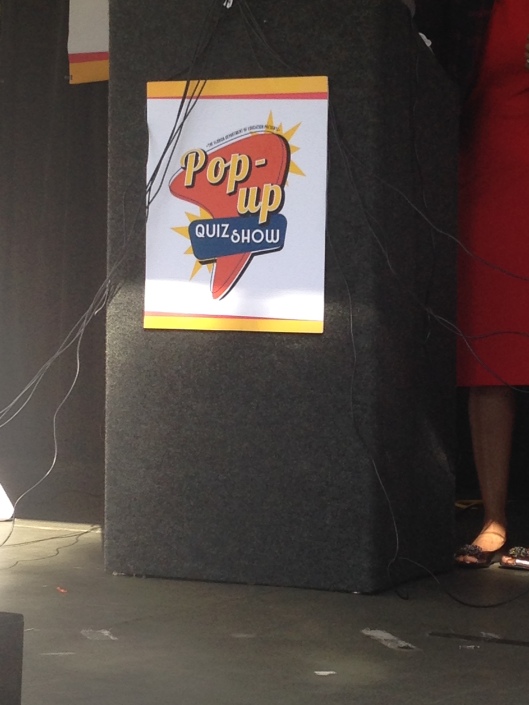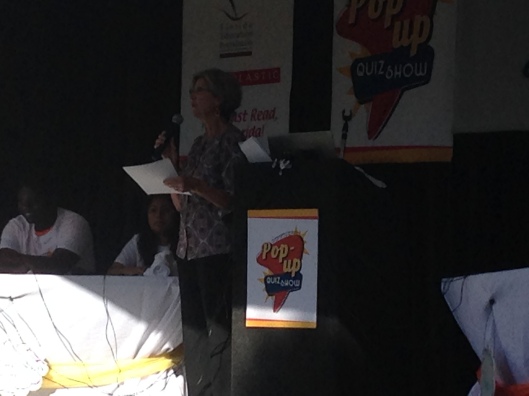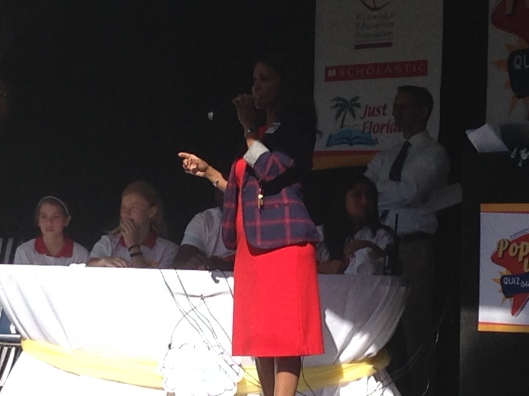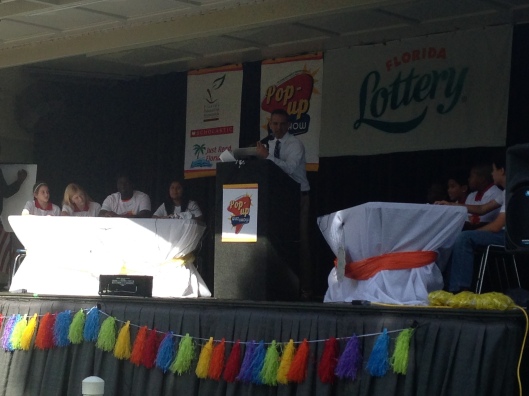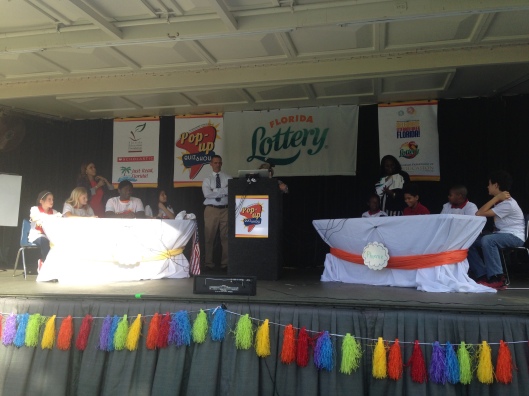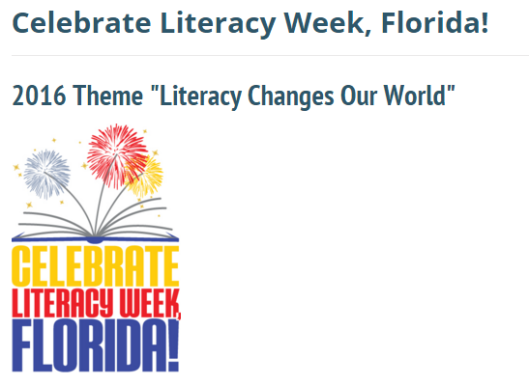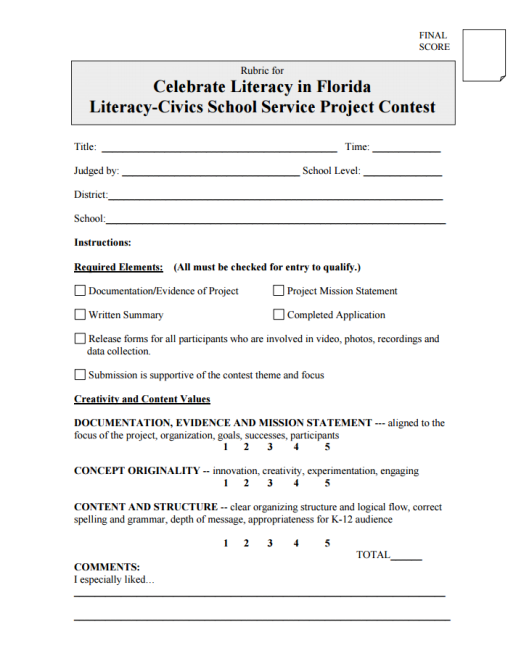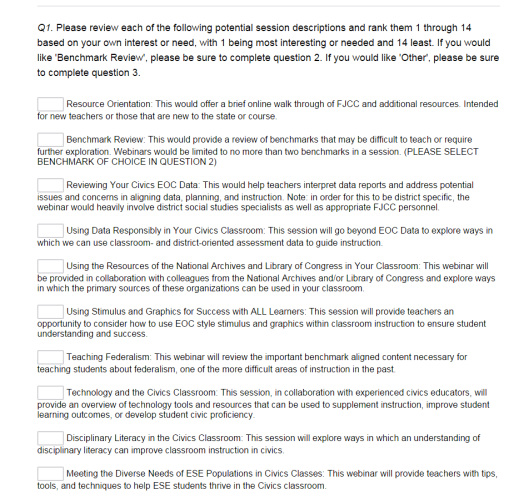 “I consider trial by jury as the only anchor ever yet
“I consider trial by jury as the only anchor ever yet
imagined by man, by which a government can be
held to the principles of its constitution.”–Thomas Jefferson
So today I have the distinct pleasure of sitting for jury duty. I say this without any snark whatsoever. This is actually my first time ever, in my now 42 years of life, being called for service. I am greatly excited.
You have to think about it like this. If, God forbid, YOU were to face a jury trial, wouldn’t you want someone like YOU on the jury? Jury service matters. I find all of the jokes about getting out of jury duty, and the many ways in which people try to get out of it, to in many ways reflect the lack of civic feeling we seem to suffer from today. Of course there are plenty of valid reasons for not being able to serve, but we have to remember, ultimately, that our civic health and civic life as a nation relies on citizens fulfilling their obligations and embracing the importance of ensuring our fellow citizens enjoy the protections granted by our Constitution.
And of course, if you are a Florida civics teacher, what better way to teach the benchmarks concerning our system and the responsibilities of citizens than to experience them!
7.C.2.2: Evaluate the obligations citizens have to obey laws, pay taxes, defend the nation, and serve on juries.
7.C.2.3: Experience the responsibilities of citizens at the local, state, or federal levels.
7.C.2.6: Simulate the trial process and the role of juries in the administration of justice.
A final thought. The judge that swore us in today made the point that the right to a jury trial in this country has evolved over time. As I look around the room, many of us in here could not have served on a jury at the founding of this country, not being landed white men. It is a privilege and an obligation. As Andrew Guthrie Ferguson has argued:
A jury summons is an invitation to participation. Jurors are asked to involve themselves in some of the most personal, sensational, and terrifying events in a community. It is real life, usually real tragedy, played out in court. Jurors confront disturbing facts, bloody images, or heart-wrenching testimony. A jury may have to decide whether a man lives or dies, or whether a multimillion-dollar company goes bankrupt. A jury will have to pass judgment in a way that will have real-world effects on both parties before the court. This active role was not accidental. Participation in jury service teaches the skills required for democratic self-government. Being a juror lets you develop the habits and skills of citizenship.
And isn’t that what matters?

